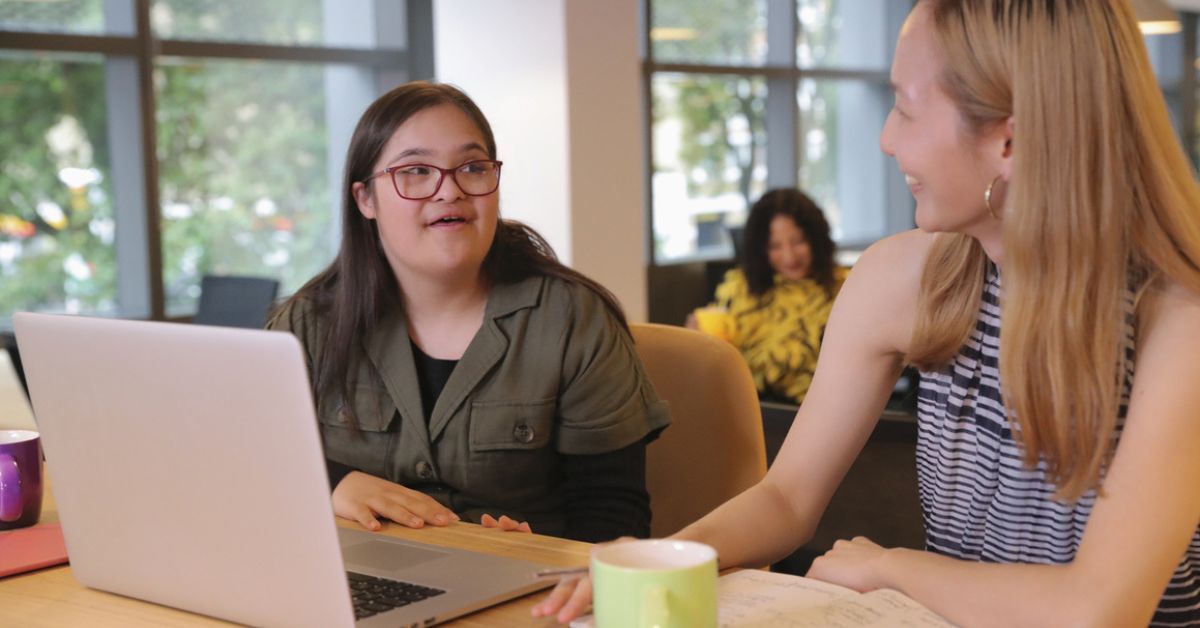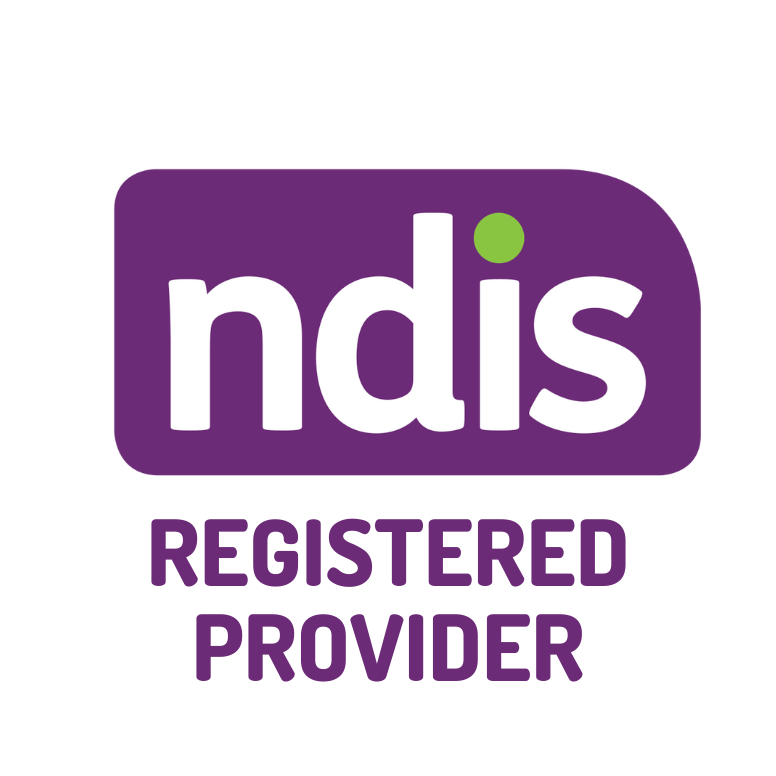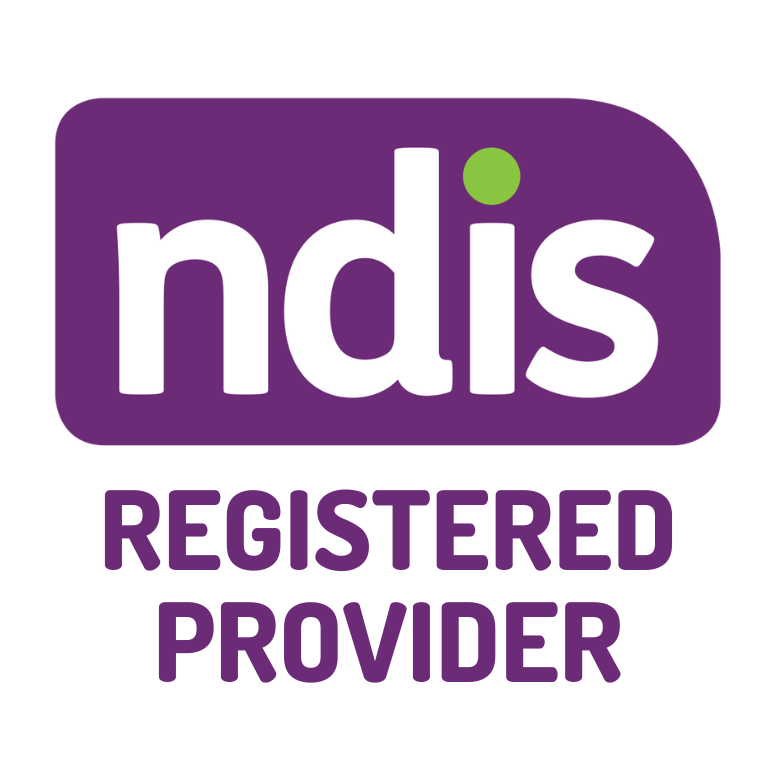Understand NDIS Community Nursing In Melbourne In Simple Words

What if nursing care could come to you, right where you feel most comfortable, at home?
If you are an NDIS participant and living with any kind of disability, there is a high chance of missing medications, improper wound care, or struggle to deal with ongoing health conditions at home.
Because the recovery and rest at home phase is as important as treatment in the hospital.
Families try their best, but even they need help. As a solution, the
National Disability Insurance Scheme (NDIS) introduced nursing care at home.
It is not
Hospital-In-The-Home (HITH) care.
A professional certified nurse visits your place to help you with complex wound dressings, medication management, tube feeding, or catheter care, etc.
Nursing care is designed for your everyday life, not just emergencies.
Little different from traditional nursing care, NDIS Community Nursing in Melbourne or all over Australia.
In this blog, our team at Marble Care, a Registered NDIS Provider since 2017, explains everything about NDIS Community Nursing—what it covers, and what it does not.
What is NDIS Community Nursing?
NDIS Community Nursing is a healthcare support provided by certified nurses at your home. The best part is... only registered NDIS providers can provide this support.
Which means quality nursing care like a hospital is provided at home, that follows all the NDIS quality and safety standards.
Some people need daily wound dressing, while others need constant care at home due to chronic illness. The care is personalised based on participants' health conditions.
Trained nurses visit your place and provide care tailored to your individual needs and NDIS plan.
The purpose of this NDIS service is all about making it accessible, personalised, and supportive care, so you can stay healthy and independent.
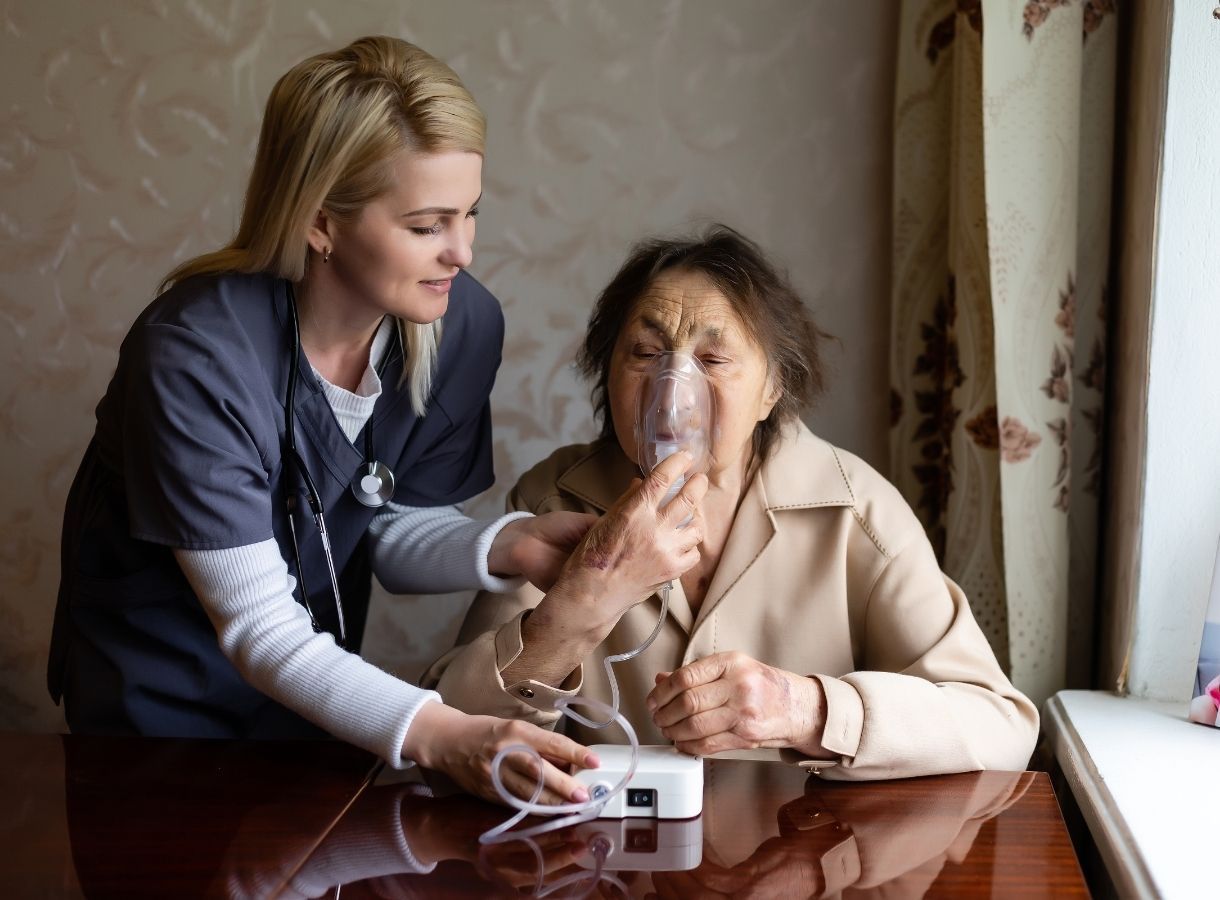
Services included in NDIS community nursing:
- Wound care – proper cleaning, dressing, and monitoring of wounds to ensure safe and faster healing.
- Medication management – helping you take the right medicines at the right time and avoiding errors.
- Chronic illness support – ongoing care for conditions like diabetes, respiratory issues, or heart disease.
- Health assessments – regular check-ups to monitor your overall health and catch issues early.
What’s not covered in Community Nursing:
- Emergency hospital care – immediate treatment for life-threatening conditions must be handled by hospitals or paramedics.
- Personal care unrelated to health – tasks like housekeeping, meal preparation, or general household chores aren’t included.
- Medical procedures requiring a doctor or specialist – complex surgeries or specialist interventions, are beyond community nursing services.
- Non-NDIS-funded health services – treatments or therapies not approved under the participant’s NDIS plan.
Knowing what is
supported and not supported under nursing care helps you make better choices and have realistic expectations.
Remember: The more you rest, the better you recover, and NDIS community nursing makes it possible.
Why is Community Nursing Important for NDIS Participants?
Health complications don't have to disrupt your lifestyle. Support helps you stay independent, confident, and in control.
It goes beyond medical treatment, focusing on living safely, comfortably, and with peace of mind every single day. Community nursing plays the following important roles in the participant's life:
- Independence and well-being – Nurses manage your health so you can focus on life, not appointments.
- Care beyond hospitals – Skilled support in familiar surroundings keeps your routine uninterrupted.
- Peace of mind for families – Loved ones know a professional is always there, reducing stress and worry.
Community nursing gives you freedom, reassurance, and the confidence to live life on your terms.
But what separates NDIS community nursing from traditional nursing care? In the next section, we’ll find the answer.
NDIS Community Nursing vs. Traditional Nursing
Both nursing care options are different from each other. One care happens in a hospital or clinic, while the other delivers care at home. The following tables help you understand the difference between them.
| Feature | NDIS Community Nursing | Traditional Nursing |
|---|---|---|
| Location | At home or in a community setting | Hospital or clinic |
| Flexibility | Scheduled around your routine | FernFixed hospital/clinic schedules andez |
| Personalisation | Care tailored to the individual NDIS plan. | Standardized care for all patients |
| Scope | Wound care, medication management, chronic illness support, and health assessments. | Acute care, emergency treatment, and surgeries |
| Independence | Promotes autonomy and daily living skills | Often limits patient independence due to the hospital environment |
| Emotional Support | Provides reassurance to participants and families. | Focus on clinical treatment; limited home-style support. |
Both options play an important role in your recovery. Community nursing care emphasises fostering the independence of its participants.
Here you can learn more about how our professional community nursing care makes a difference and supports recovery and independence.
Conclusion
Instead of waiting for health challenges to disrupt your life, connect with our support team today. And experience personalised NDIS community nursing care in Melbourne that is planned around your needs.
Care that comes to you keeps you independent and gives peace of mind to you and your family.
Reach out to us and reclaim control over your health. Or simply dial us at 1300 378 403 to talk to our support team.
